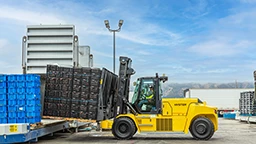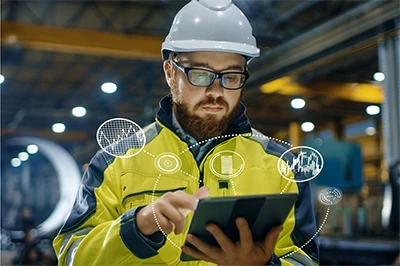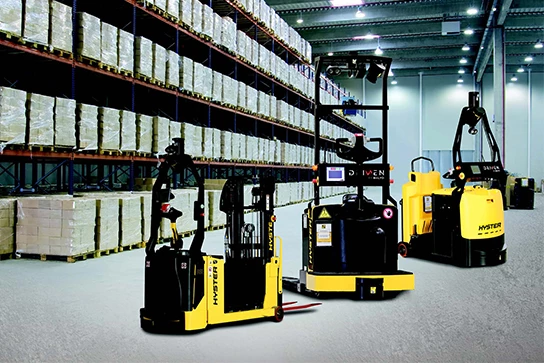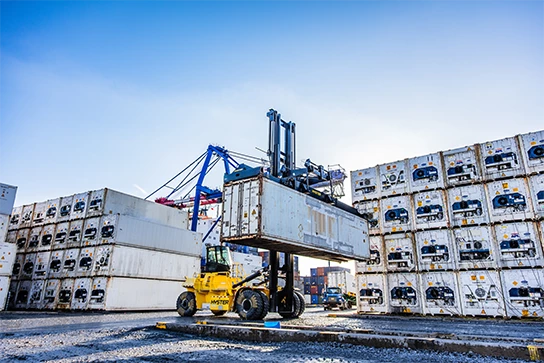
Bringing big trucks into the electric age
Intense industries have historically depended on internal combustion engine (ICE) forklifts for consistent power delivery and performance, but the motive power landscape is shifting. With lithium-ion forklift battery advances, counterbalanced electric lift trucks with ICE-like performance are available even for high-capacity applications.
Read the Whitepaper




























